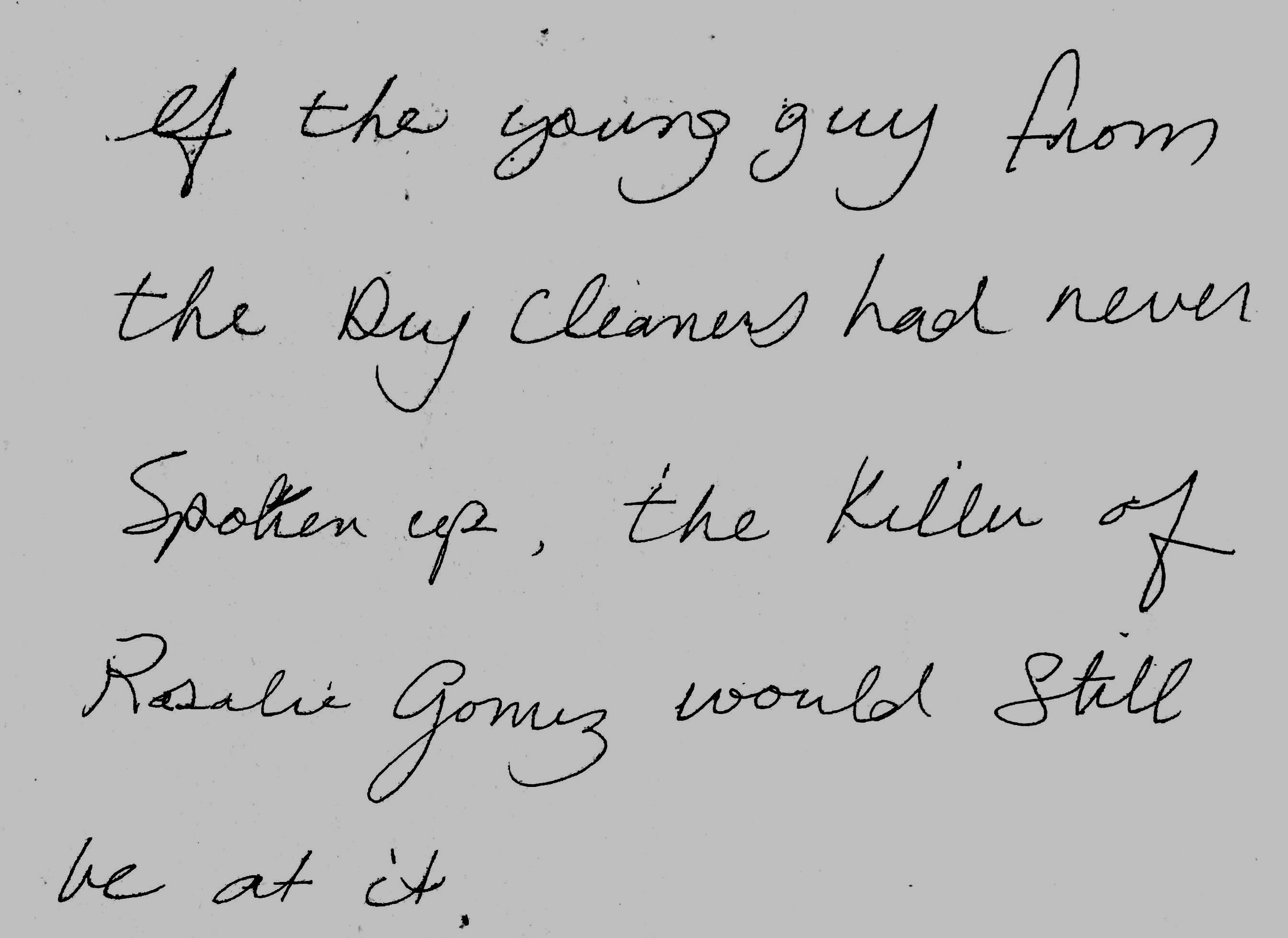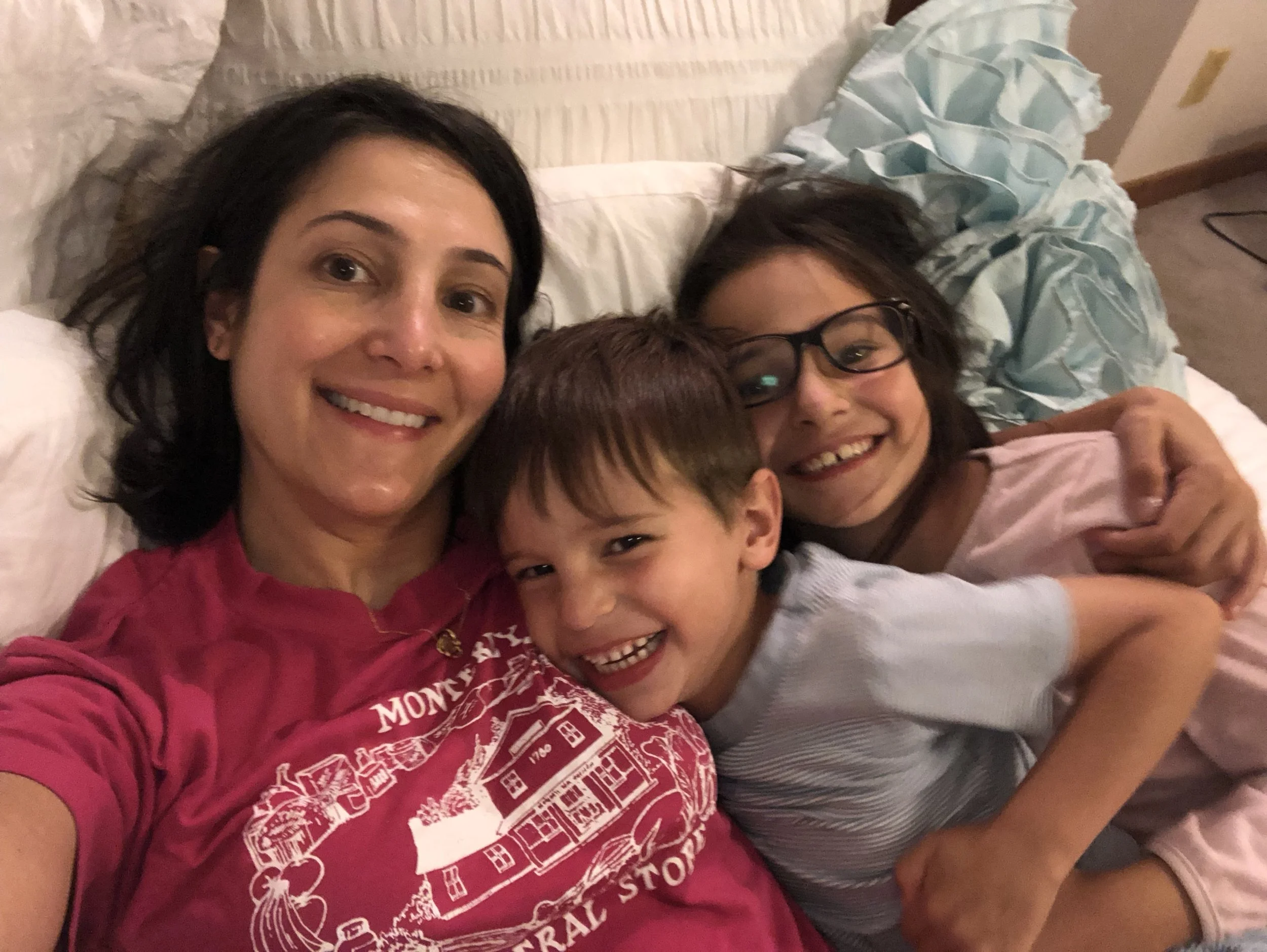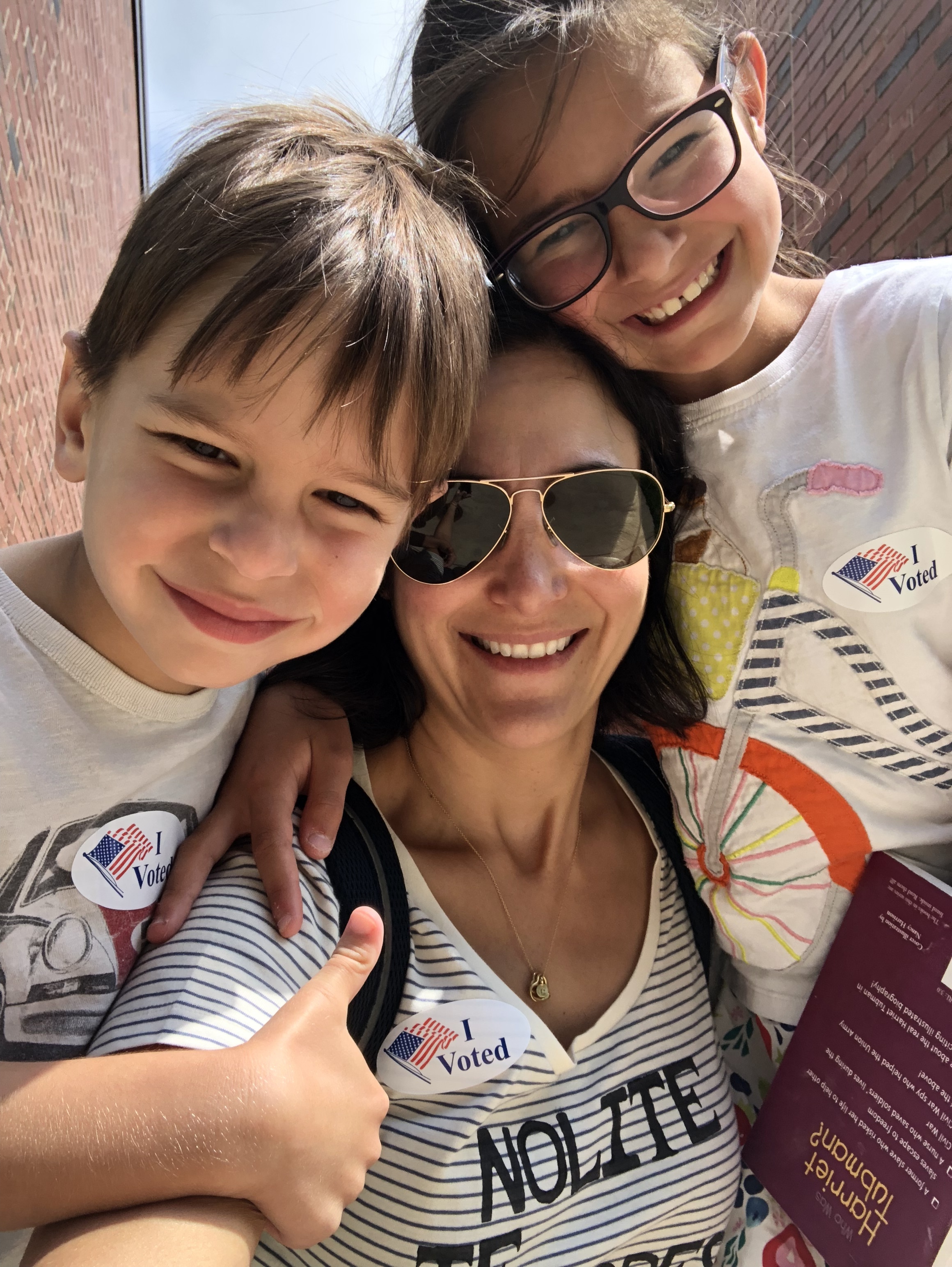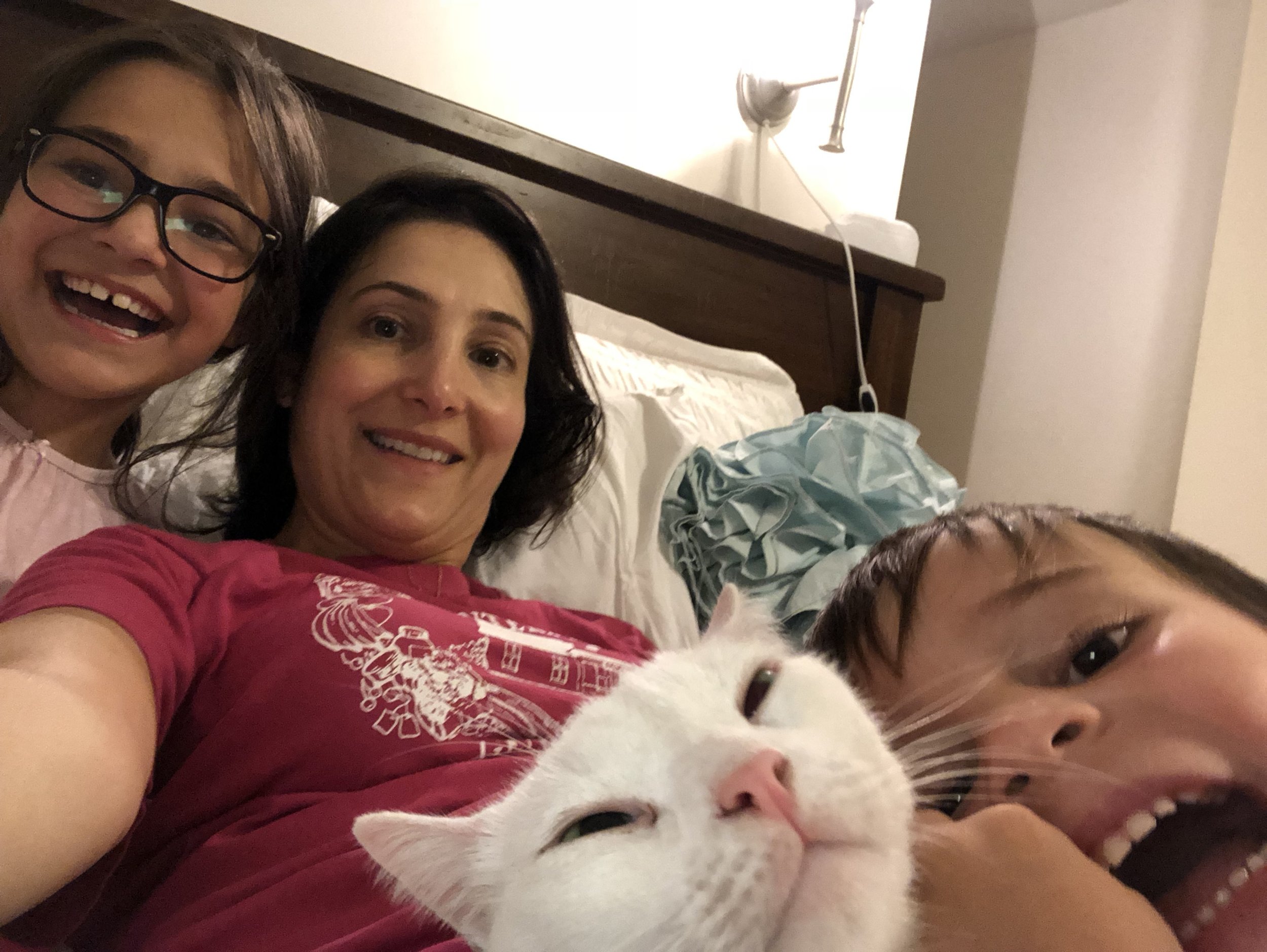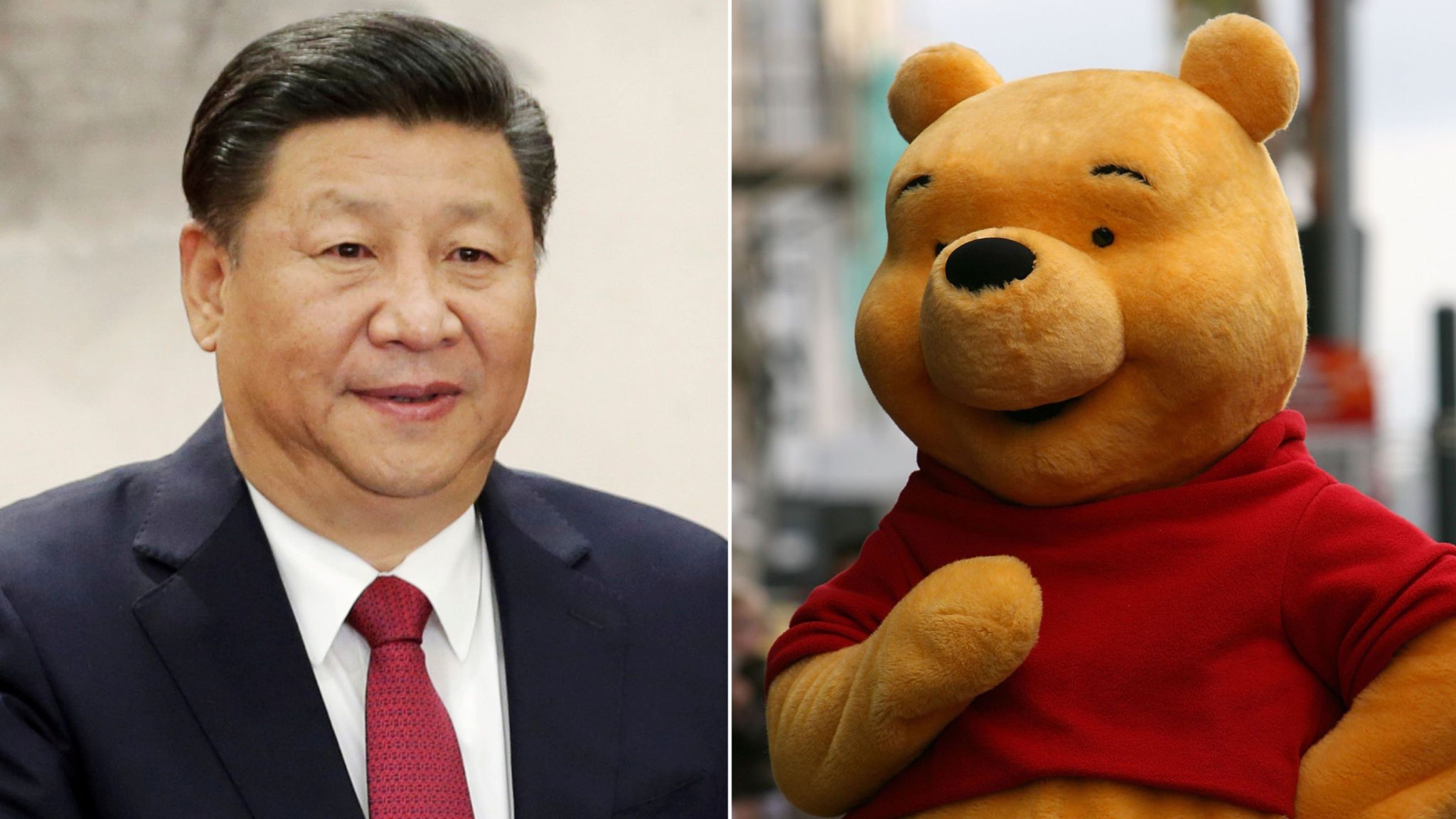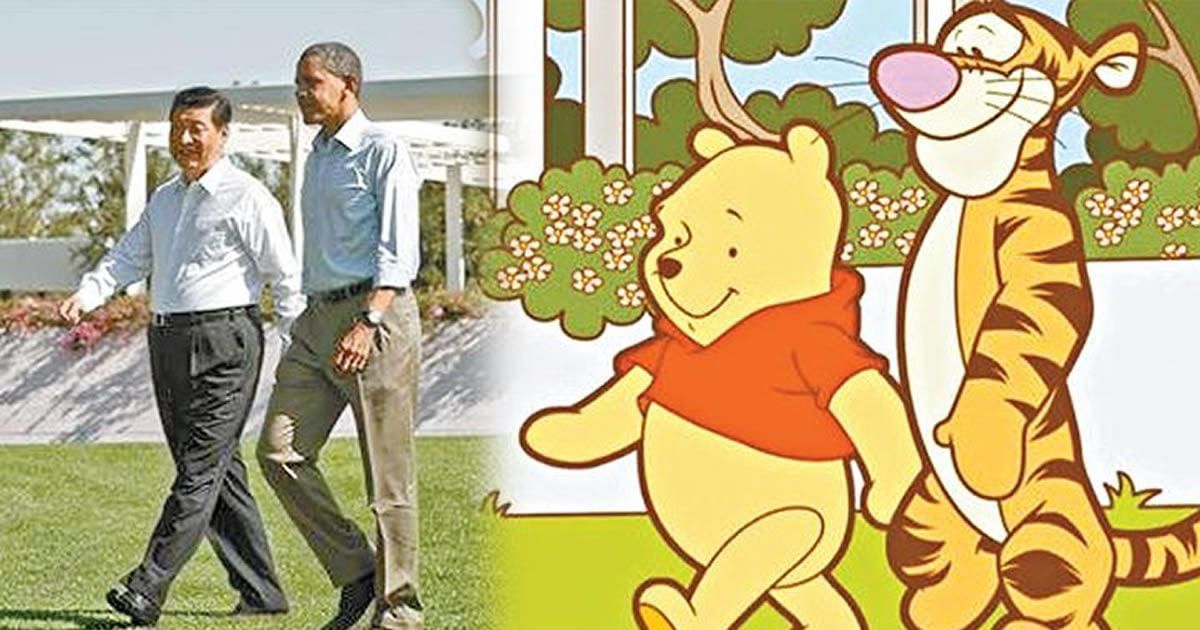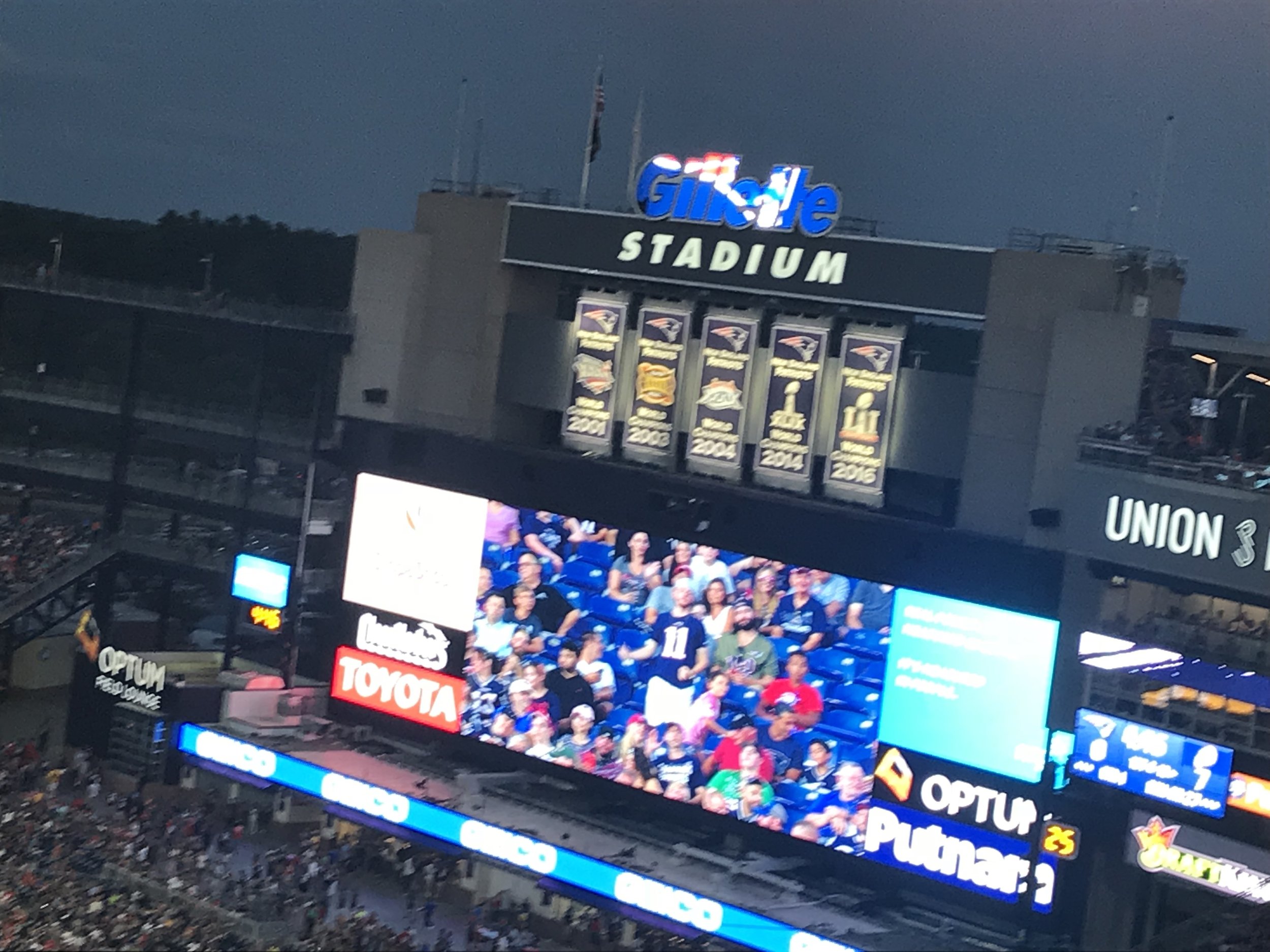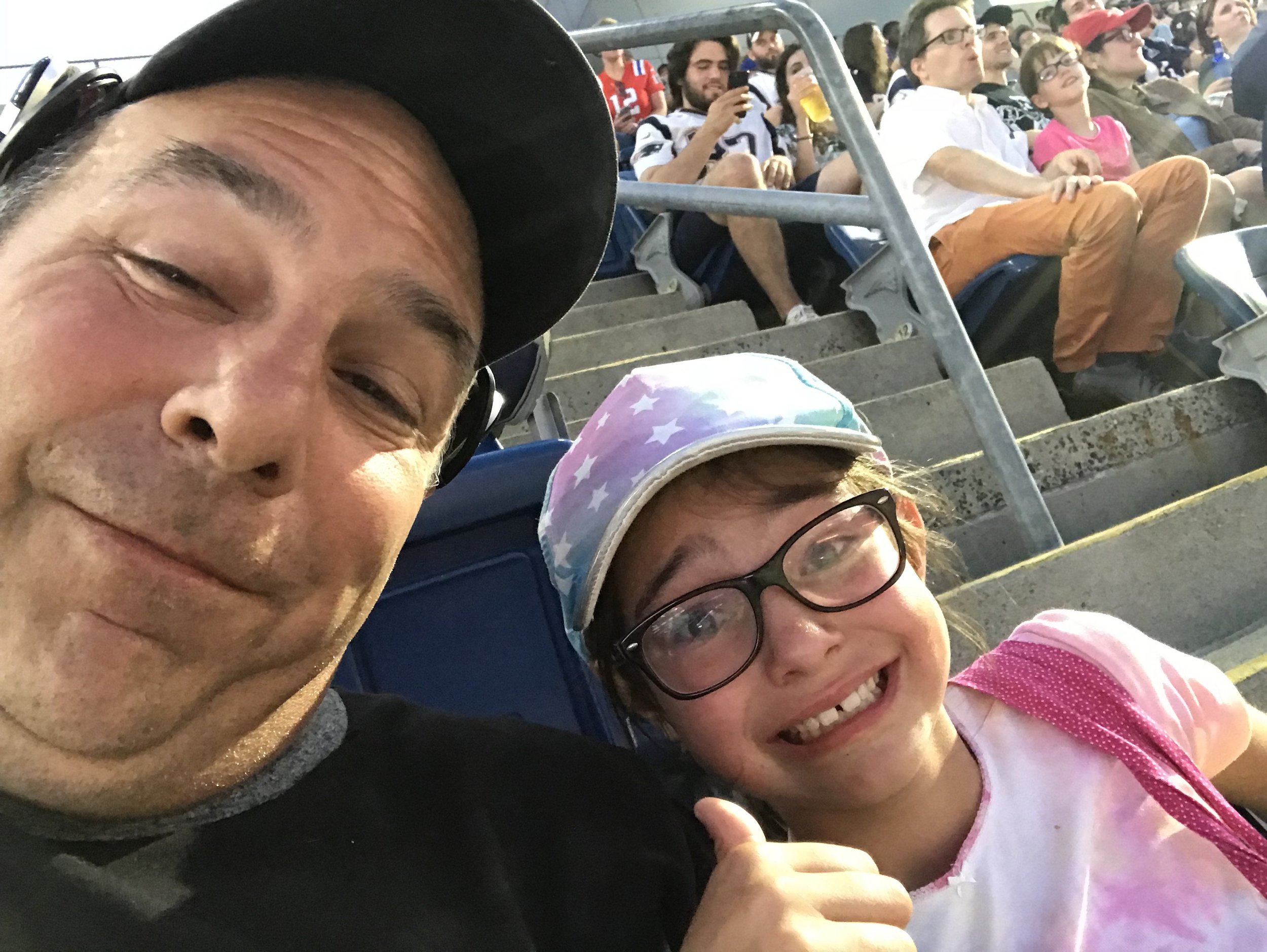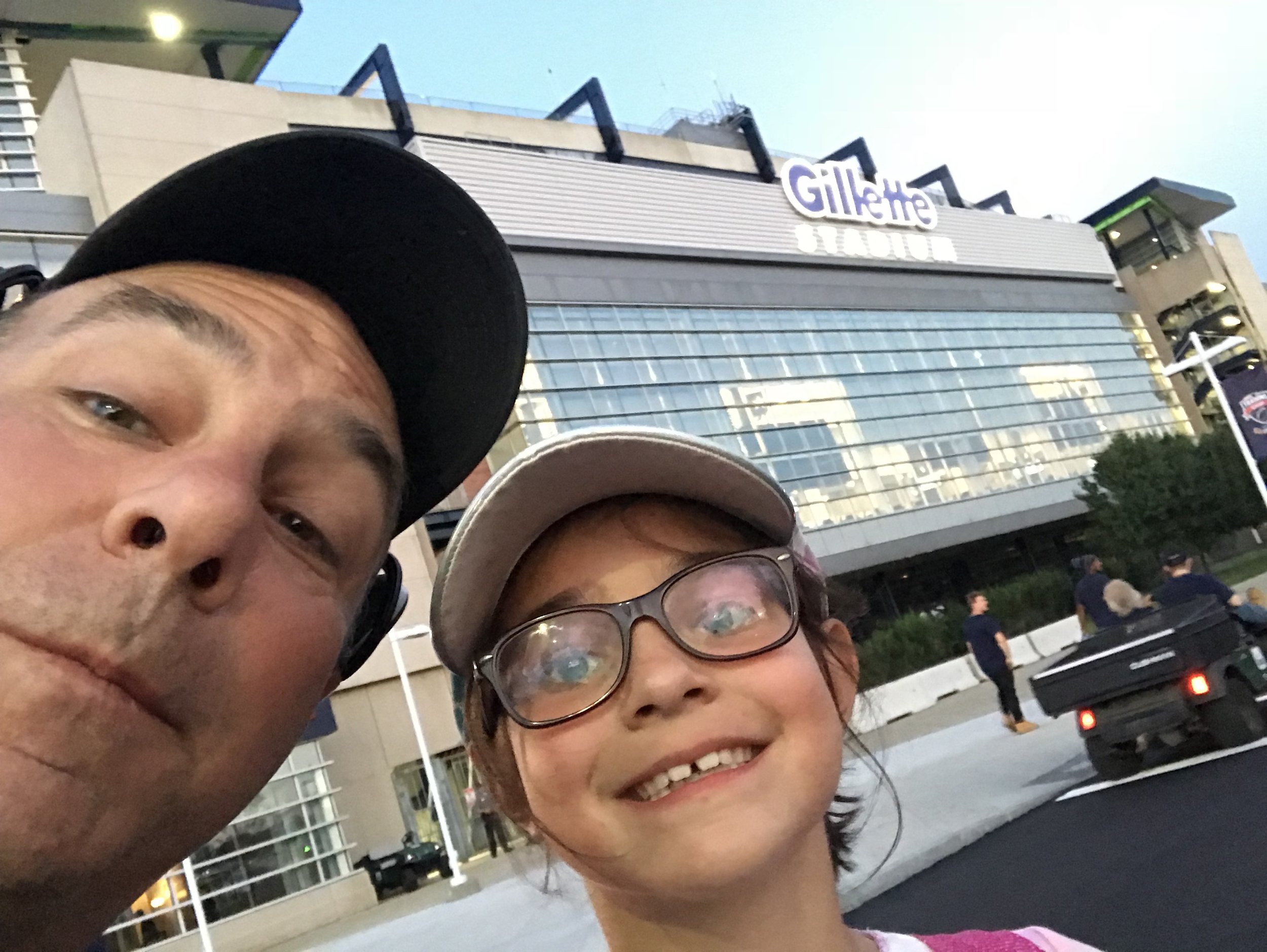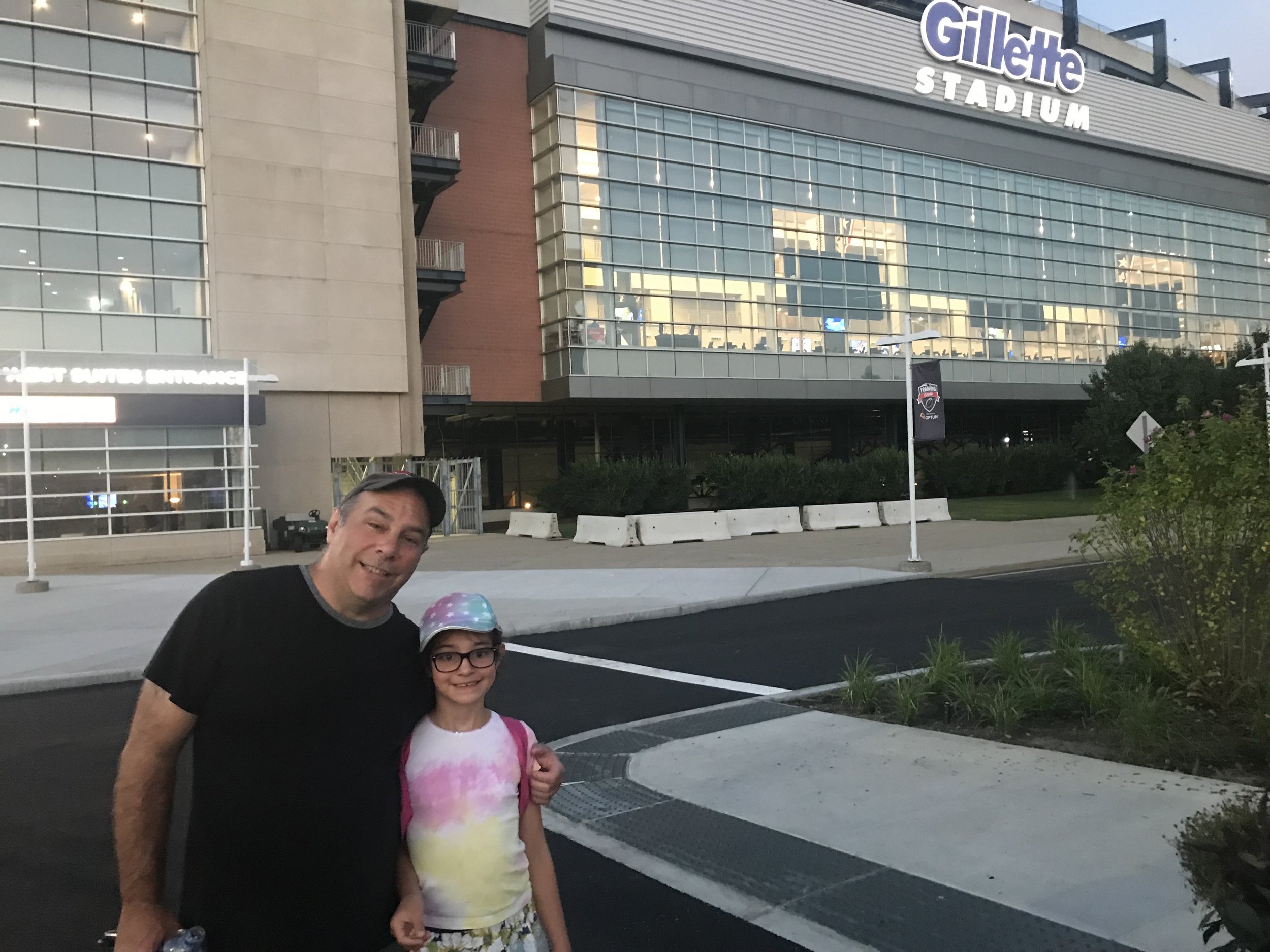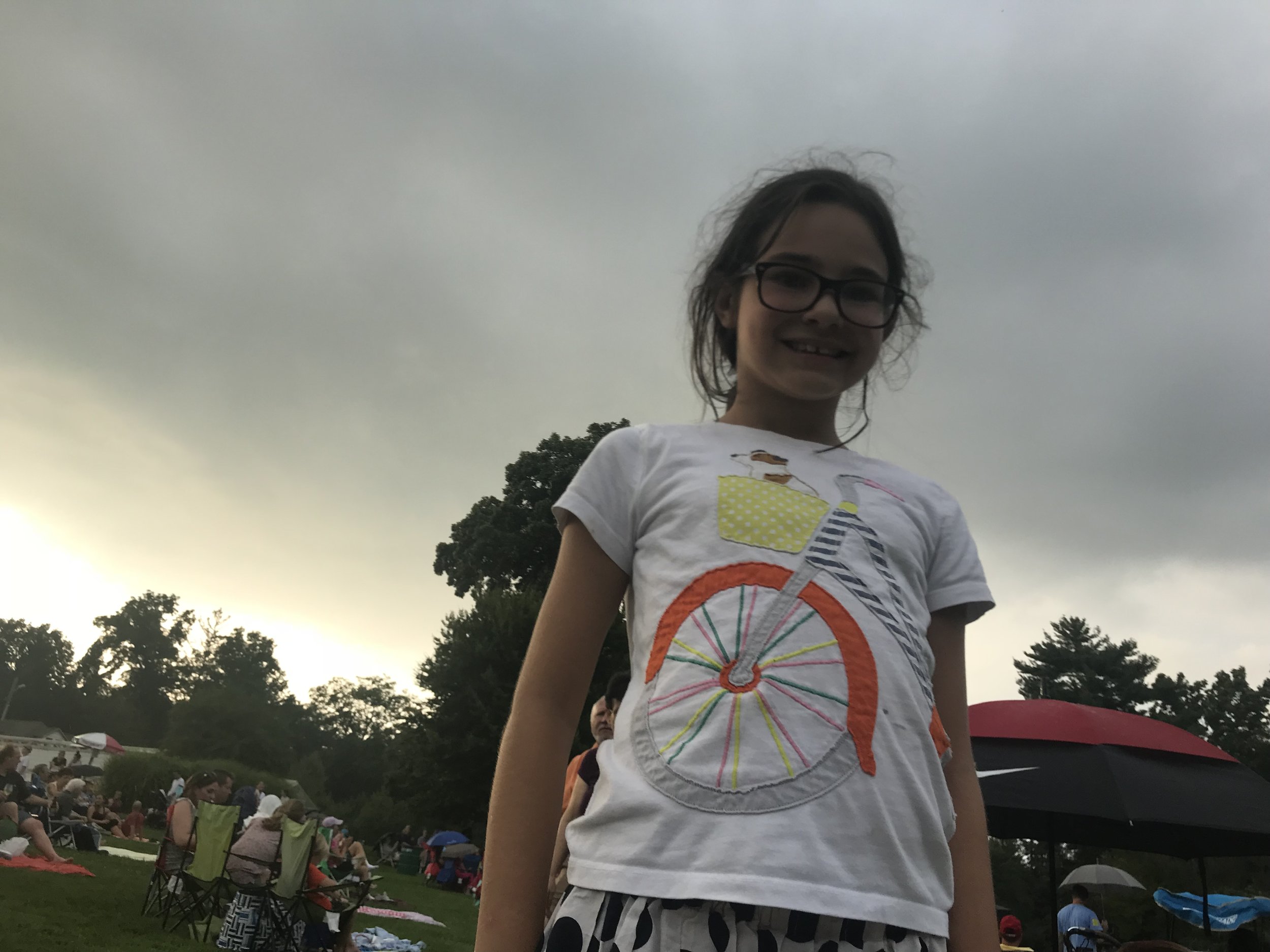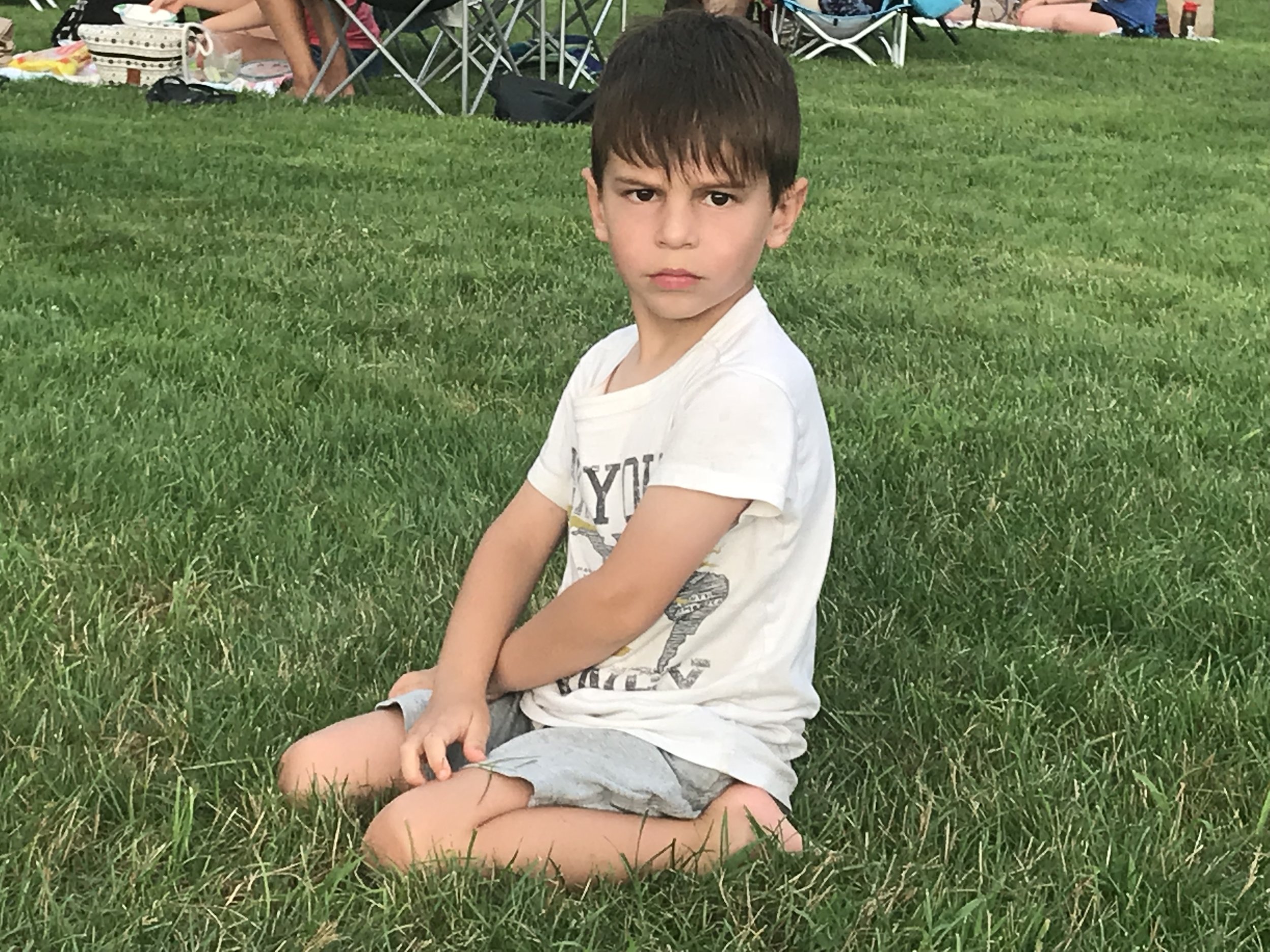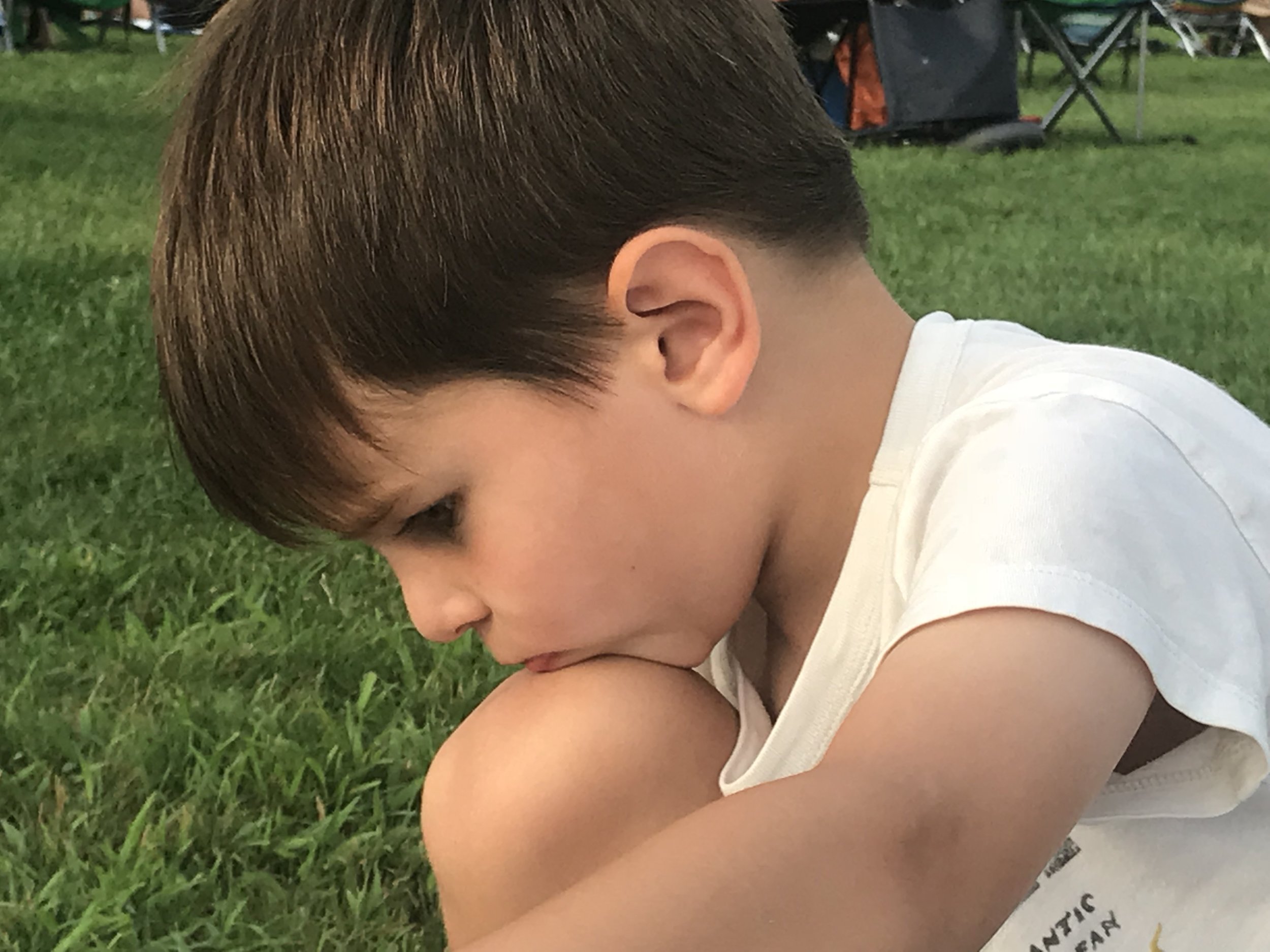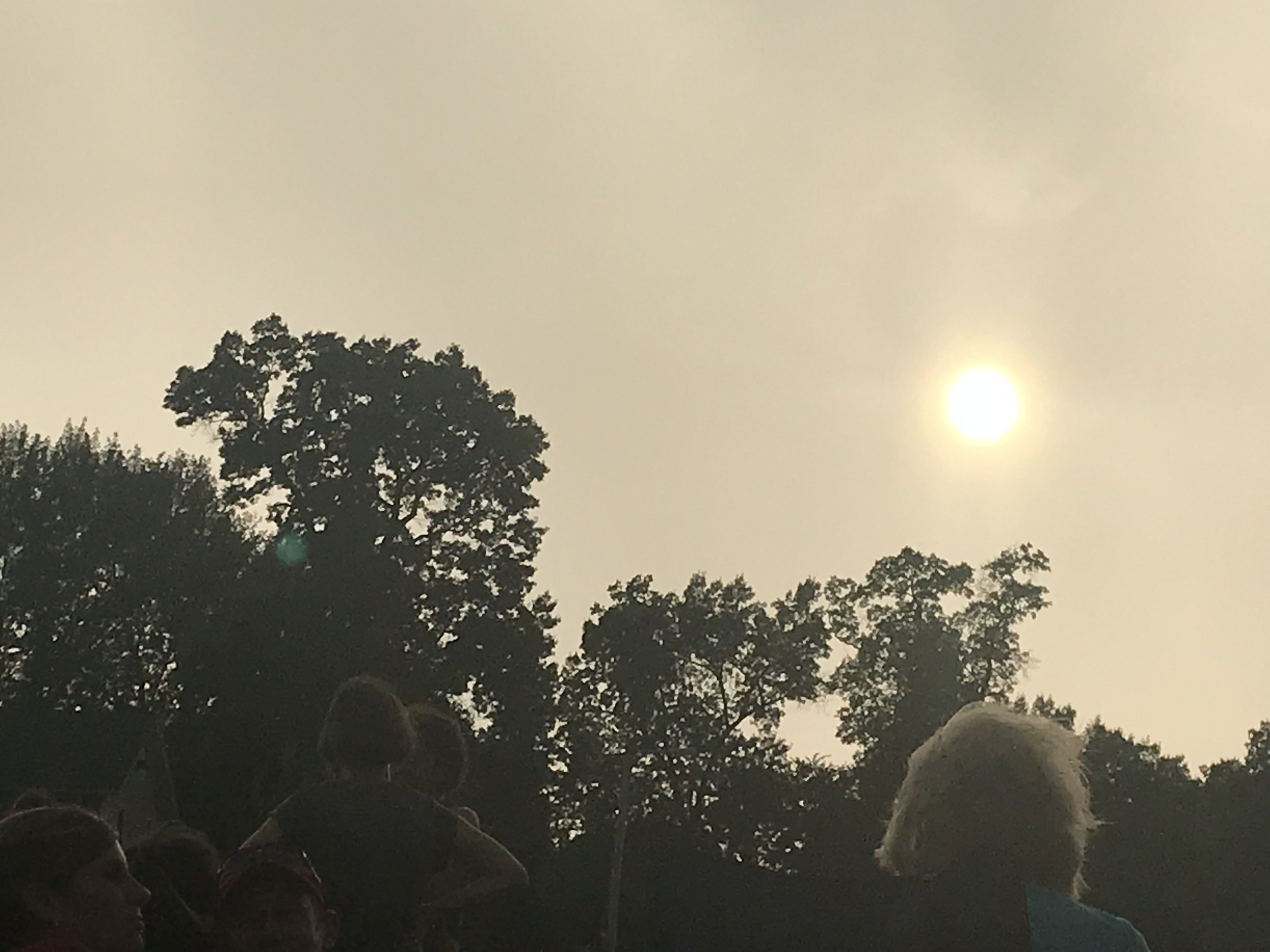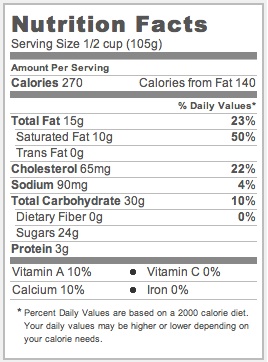I took Clara on a rite of passage last night:
Her first New England Patriots game.
I've been attending Patriots games regularly for almost 20 years, and I've been a season ticket holder for almost as long. I've spent some of my favorite, most memorable days at Gillette Stadium, tailgating with friends, cheering in the stands, hugging strangers following touchdowns, and celebrating victories.
It was odd that my daughter had never seen this place where I have spent so much time. I was so happy to finally introduce her to this place that I love so much.
It was a preseason game, which was ideal for a nine year-old girl. Warm night. Low stakes. Lots of empty seats. An absence of opposing fans. Fewer drunken brawls. As we pulled up Route 1 in Foxboro and saw the stadium for the first time, Clara was impressed.
"I know it doesn't look so big from so far away," I said. "But it's pretty big."
"No, Daddy. It's huge."
We talked as we made the 15 minute walk to the stadium. Clara asked questions. I told stories about this spot and that spot along the way. Stories of snowstorms and lobster carcasses and a burning Christmas tree. She waved at the police horses and said hello to random children.
I managed to sneak her through security with the backpack that she had strapped to her back, and I'm still not sure how. Security officers are fanatical about there being no bags brought into the stadium unless they are clear and plastic.
Somehow we skirted by.
Then we began the climb up the ramps to the 300 level and our seats. When he hit the fourth of 10 ramps and Clara said, "I hope you're seats aren't too high, Daddy,"
I knew I might be in trouble.
My seats are four rows from the very top of the stadium. The climb up those steps to our seats would be steep and long. But it was a preseason game. Lots of empty seats along the way. We could probably find seats in the first or second row.
Clara was nervous just being in the concourse of the upper level. Just her awareness of how high we were was increasing her anxiety considerably. We ate some food, walked around the stadium a bit, and then it was time to see the field for the first time from actual seats.
"Let's go see the Patriots," I said.
"Okay," she said.
My hopes soared. No protest. She was going to be brave.
As soon as we stepped out of the concourse and up a small flight of stairs, Clara fell apart. I managed to grab two seats in the second row, just six feet from the landing, but Clara clung to the handrail like she was on the deck of a ship, caught in a storm. The size and height and scope of the stadium terrified her. I managed to get her into a seat, thinking she might calm down once she was anchored to a spot, but no good. She was crying and begging to leave.
I coaxed. I cajoled. I pointed out some features of the stadium. The championship banners. The big screens. The football being played below.
No good. We had just driven almost three hours to a football game, and I was in danger of seeing fewer than three plays of actual football.
I tried once more to inspire her to enjoy the stadium. The crowd. The game. She continued to cry.
"Okay," I said. "Take a couple of photos with me, and we'll go. Try to smile."
We did, and then we left. She wanted off this level immediately, and so we took the stairs all the way down to the exit. When I tried to pass through the gate into the parking lot, a police officer stopped me. "You can't exit this way. No re-entry from here."
"I know," I said.
"You don't understand. You won't be able to go back into the stadium."
I looked at Clara and then at him. "I know."
He looked at Clara, smiled, patted me on the back, and we were on our way to find ice cream in the Patriot Place shopping area.
Here is the truth:
I was annoyed at that moment. Really annoyed. Thousands of people - adults and children - were sitting around us, enjoying the game, reveling in the beautiful weather, bright colors, and excitement of a football game, and my daughter had been reduced to tears because her seats were too high. When I offered to find seats in a lower level, she declined. She just wanted to leave. Hours on a highway and still more hours of driving ahead had been reduced to three plays of football.
Two incompletions and a punt.
I was annoyed. Angry, even. I was prepared to talk about the importance of being brave. I was ready to talk about perspective. "Even though you were afraid, you were perfectly safe. Thousands of people around us agree. Can't you use that knowledge to overcome this fear?"
I was annoyed. Ready to speak. Ready to let her know how I felt. Then I said this to myself:
Three or four hours from now, when you're tucking this girl in bed, will you be happy that you told her that she needed to be brave? Will you be pleased with the conversation that you're about to start? Will you think of yourself as a good father when you tell your frightened little girl what she did wrong? Or will you regret speaking to her while you were annoyed?
It's something I say to myself often. As I'm about to complain, argue, order, demand, or criticize my children (and my students) for their decisions or behavior, I ask myself:
How are you going to feel about this later? Are you in the right frame of mind for this conversation? Is he or she in the right frame of mind? Is this the right moment to speak? Will you feel good about what you're about to say later on?
So I squeezed Clara's hand instead as we crossed the parking lot and said, "I love you, Clara." She pulled me to a halt, hugged me, and said, "I love you, too, Daddy."
We ate ice cream in the courtyard and laughed. Checked the score on my phone. On the way to the parking lot, the horizon opened up to us. The sun was making it's final appearance of the day, just dipping out of sight. "Look, Daddy," Clara said. "It's so beautiful! Look at all the colors! Red and orange and yellow and even green. I think I see green!"
"It's the gloaming," I said. "Twilight. The few minutes before the sun disappears for the night."
"I love the gloaming," she said. Then she pulled me to a stop again just before we were about to cross Route 1. "Hold on," she said. "I want to watch the gloaming a little more."
We did.
We listened to music on the way home. We played songs from our family playlists, designed specifically for long rides, skipping songs that we hadn't added to the list ourselves.
Most Charlie's Coldplay and Elysha's Steely Dan.
I told her stories about the musicians who made some of the music. She asked lots of questions. We sang loudly until she got sleepy, and then we sang quietly.
She was already asleep when I tucked her in a couple hours later.
I'll probably talk to Clara about being brave today. I'll tell her that I'm performing standup comedy now because it scares me, and that whenever I find something that frightens me, I run to it.
I know that the right thing and the hard thing are often the same thing.
I'll tell her that even though I wanted to stay in my hotel room on the nights when I was recording my audiobook in Michigan earlier this summer, I forced myself to find a comedy club and perform. I did three sets on two different nights, and even though I was terrified to take those stages, I'm so happy I did.
I'll tell her how important it is to try new things even though they might be scary. I'll tell her that missed opportunities should be the most frightening thing of all.
But I'll talk about all of this in the light of day, when we are relaxed and happy and thinking about that moment in the gloaming when all was good and right.
Maybe she'll listen and believe. Maybe next time she'll give it another minute or two before asking to leave. If not, we'll find a way to make the best of it. We'll stand in the gloaming and listen to Springsteen and eat ice cream and laugh.
It was certainly not what I expected from my little girl's first Patriots game. Not even close.
It was so much better than I could have ever imagined.
